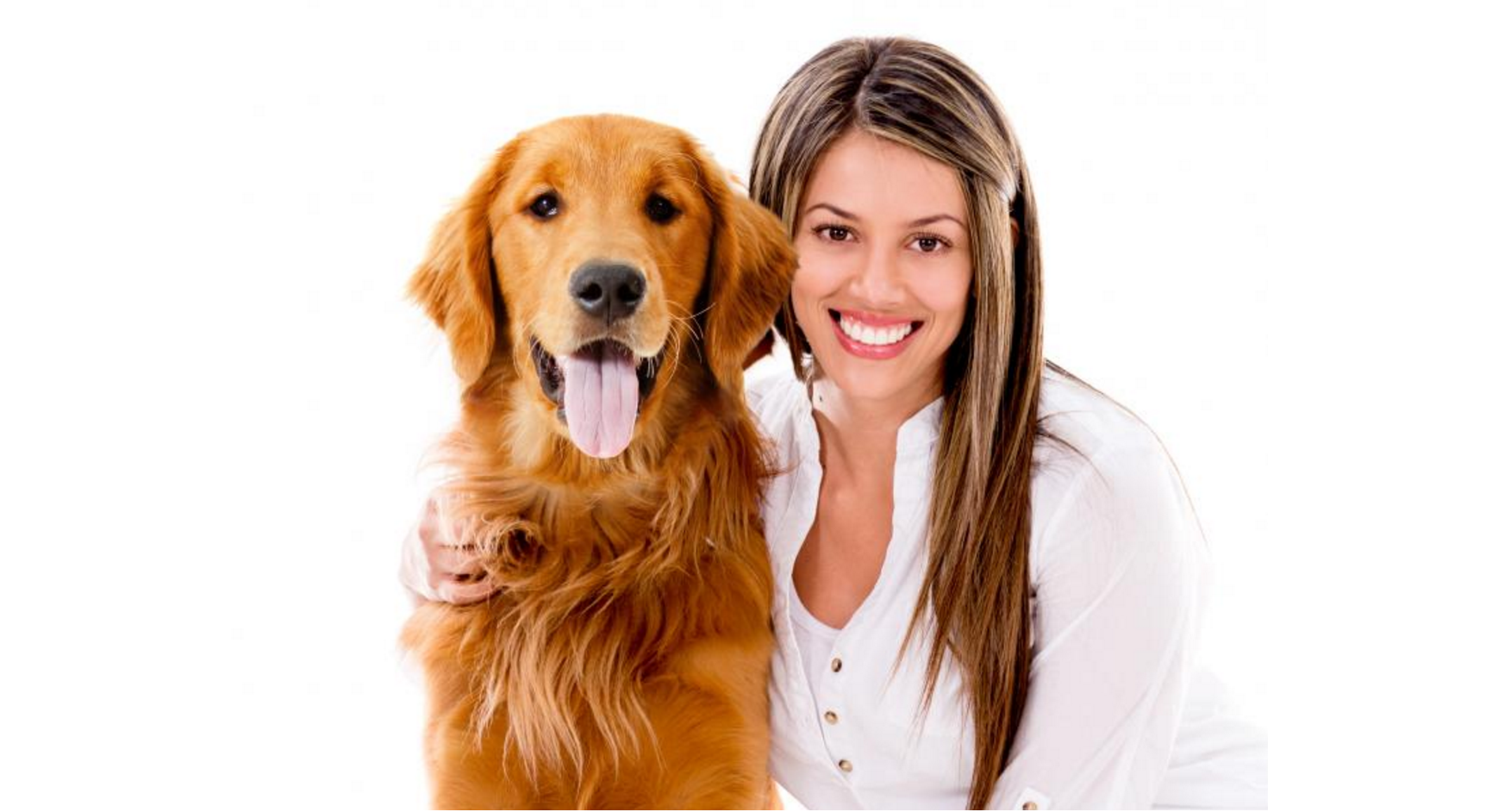Like humans, a colon connects the large intestine to the rectum. It temporarily stores waste before it passes out of the body temporarily. However, when waste gets backed up, the colon can expand to an unnatural size. This condition is known as a megacolon in dogs.
“What does it mean for your dog’s overall health and future?”
Keep reading to find out.
As with most problems…
Identifying an issue is typically the first step in fixing it. The problem is that it’s not something you can look at regarding one’s colon. And when it comes to diagnosing a “megacolon” in your dog, it’s not like your pup’s suddenly going to look over at you and say…
“You know what? I may have a megacolon!”
This is why diagnosing this condition depends on an observant owner recognizing when to take a pet to the veterinarian. Some of the symptoms that should be red flags include:
- Chronic constipation,
- Hard feces,
- Bloating,
- Depression,
- Vomiting,
- Weight loss,
- Dehydration,
- Irregular bowel movement.
Remember that these are prevalent symptoms and clinical signs that could appear with several illnesses. It’s up to your vet to diagnose it as a megacolon.
Causes of Megacolon in Dogs
There is a wide range of causes for megacolon. It can be due to a problem since birth, trauma/accidents, or a reaction to certain drugs. There could also be a foreign body present in the fecal mass, such as something your dog swallowed, making it difficult for the feces to move. A megacolon could also be associated with another issue, such as a perineal hernia, spinal cord injury, fracture malunion, pelvic fracture, minor intestine issue, or ileocolic junction problems.
Diagnosis & Prognosis
After your veterinarian gives your dog an exam, they will have more insight. Other things necessary to determine if it is a megacolon could include:
- Complete blood count,
- Electrolyte Panel,
- Urinalysis,
- Stool sample,
- Abdominal palpation,
- Abdominal radiograph or sonography/ultrasound,
- Colonoscopy,
- Exam of the pelvic canal.
Your dog will not necessarily undergo all these tests, but your doctor will choose the right ones. The vet will also need to see if smooth muscle dysfunction is a part of the problem.
At this point…
It’s probably a good idea to remind folks that we at IndulgeYourPet are not doctors, veterinarians, or medical professionals. This is why you’ll commonly see that we recommend that anyone who thinks something might be wrong with their dog be sure and have them checked out by a vet immediately.
This way, you may not only be able to avoid having your dog suffer needlessly but save a bunch of money by preventing a minor health issue from growing into a larger one. This brings us to where we want to discuss what treatment options may be available for your dog once diagnosed with megacolon.
Treatment Options
The first thing you will have to do is make sure your dog is rehydrated immediately. This may require hospitalization and IV fluid therapy. Your vet will probably first try to ease your dog’s constipation with basic laxatives or a drug known as cisapride. If this does not work, they will move on to a more invasive way of clearing the colon.
From there…
Your vet may try to empty the colon. Your dog will likely be given anesthesia before your vet injects water enemas to help the feces come out. Depending on the state of the colon, your doctor may need to do reconstructive colonic surgery or colectomy. This will prevent recurrent megacolon.
Living with Constipation and Obstipation
If your dog frequently suffers from either of these issues, it’s recommended that you ensure they are on a high-fiber diet and gets adequate exercise. Beyond that, you may have to put your dog on regular supplements or prokinetic drugs (aka prokinetic agents) to promote a healthy digestive tract.
It should also be noted…
That megacolon can also affect cats as well. If this is the case, and your cat has a constipation problem, you will want to ensure that their litter box is clean and that you do not switch litter brands – the reason is that you want to make sure your pet is comfortable to go to the bathroom. If not, they may hold it and induce constipation.
Cost of Treatment
As you can see, there is a wide swing when it comes to treatment. Perhaps your dog doesn’t have a megacolon and just a bit of constipation. You’ll need to pay for a vet visit and some fiber. But supposing significant damage to the colon and surgery is required, it will cost thousands of dollars. Are you ready for it? This is why we here at IndulgeYourPet also recommend that any new pet owner take a moment and see what it might cost to purchase a pet insurance policy for your new animal.
Now, will a pet insurance policy be suitable for everyone?
No, probably not. But until you fully understand what these policies “will” and “won’t” cover and how much these pet insurance policies cost, how will you know if one might be right for you?
For more information on who we feel currently offers the “best” pet insurance policies out there, we would encourage you to check out our Best Pet Insurance Policies article.



